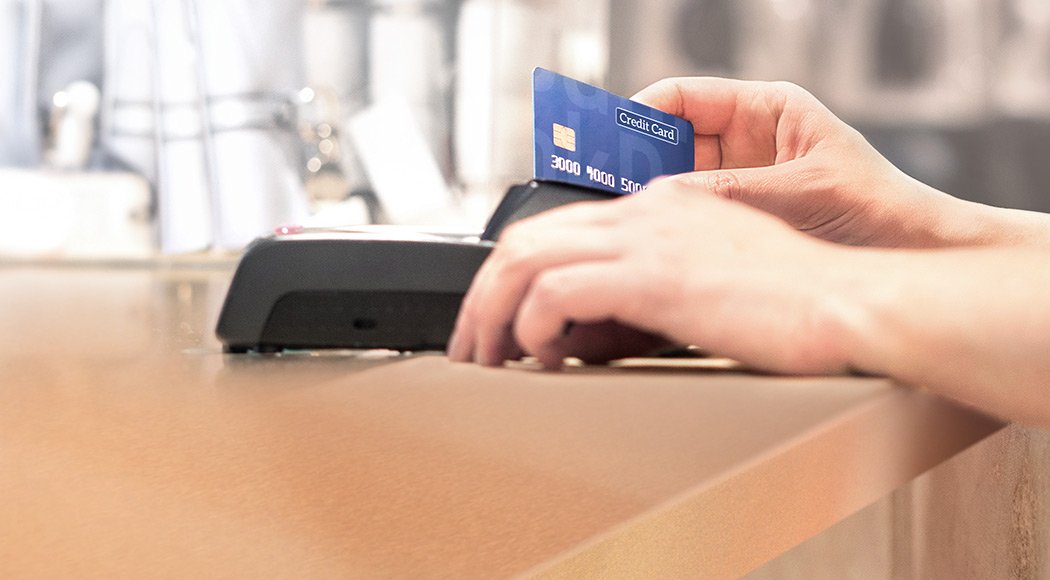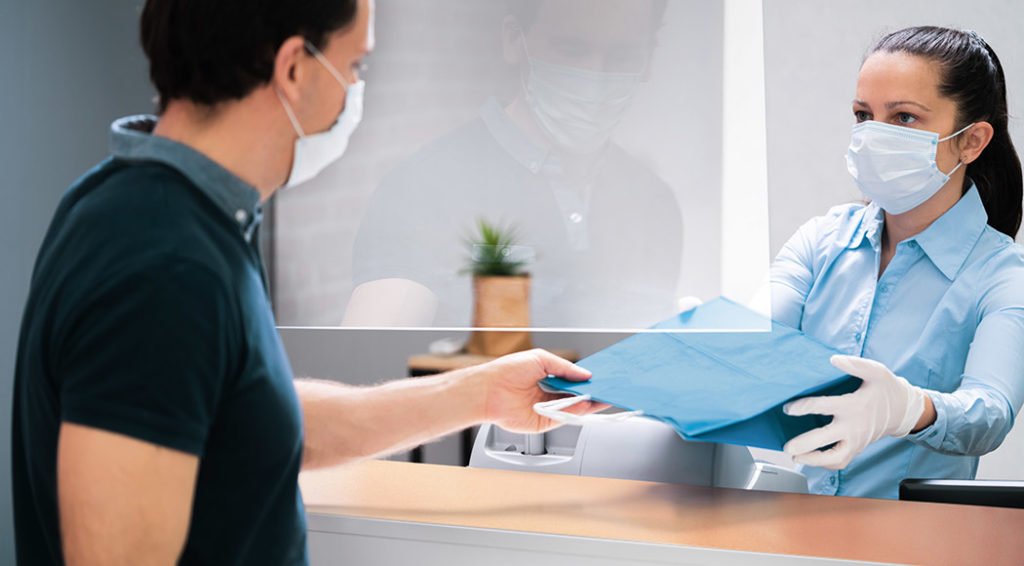Have we seen the end of retail browsing thanks to COVID-19?
Who would have thought that cleanliness would become one of the top concerns for retailers this year? Before 2020, we had never thought to hear words like ‘intense cleaning procedures’ and ‘quarantining’ applied to the sector. Now, however, the pandemic has brought retail cleanliness into the spotlight like never before.
Although by necessity of protecting staff and customers, there has been a dramatic shift in behaviour in-store, retailers have worked hard to ensure that the ever-evolving purchasing experience is still a good one. Quarantining of stock, closed changing rooms, sanitising stations and in-store customer navigation have all helped to create more COVID-19 secure shopping environments. So, how can shopfitters help retailers use the latest materials science developments to make their stores even safer?
To browse or not to browse?
According to a recent BBC report on how Covid-19 will change our shopping habits1, the question was asked ‘have we reached the end of browsing as we know it?’ Consumers like to touch, feel and try out items and this plays its part in why consumers typically spend more in store than they do online2.
So, what happens when the experiential side of the instore experience is removed, and shoppers are asked not to touch or try-on? Although some turn to online browsing to give them the escapism or interaction they are craving, many are still wanting that browsing experience and are seeking it by combining both online and instore visits: ‘webrooming and showrooming’3.
Despite hand sanitising and encouraging customers not to touch, the drive to browse leads many consumers to touch multiple items in-store. So, apart from managing shop layouts and fitting screens for retailers, what else can shop fitters do? Thanks to advances in materials and surface coverings, many retailers are looking to the benefits offered by temporary or permanent high-traffic surface protection to help keep consumers and staff keep even safer whilst browsing.
Making your surfaces safer with copper
The coronavirus is principally transmitted when people are near an infected person who coughs, sneezes or talks. Another way it can spread is through contact with a contaminated surface: where someone touches it, doesn’t disinfect their hands and subsequently touches their face.
Store counter tops, door handles and handrails are particularly at risk of aiding the spread of COVID-19 through contact. As well as sanitising stations and cleaning, another way to help protect these areas is to cover them with an antimicrobial surface covering, such as copper.
Copper has been shown to be an effective, long-lasting, all-round antimicrobial and this is why Alanod has launched a unique copper-coated antimicrobial surface. Called MIRO® CU, it is highly effective against coronaviruses and in tests, it has reduced the presence of the virus by 99.97%. MIRO® CU is a thin, flexible film backed with a pressure sensitive adhesive that is easy to cut and stick onto existing surfaces, enabling businesses to protect areas such as counter tops, fixtures and fittings, POS and customer service points.
Although we would all love a coronavirus-free world, the foreseeable future is all about cleanliness. So, as a shop fitter, why not take advantage of the latest in copper-coated antimicrobial surfaces to help keep your customers’ stores safe and consumers coming back for more?


